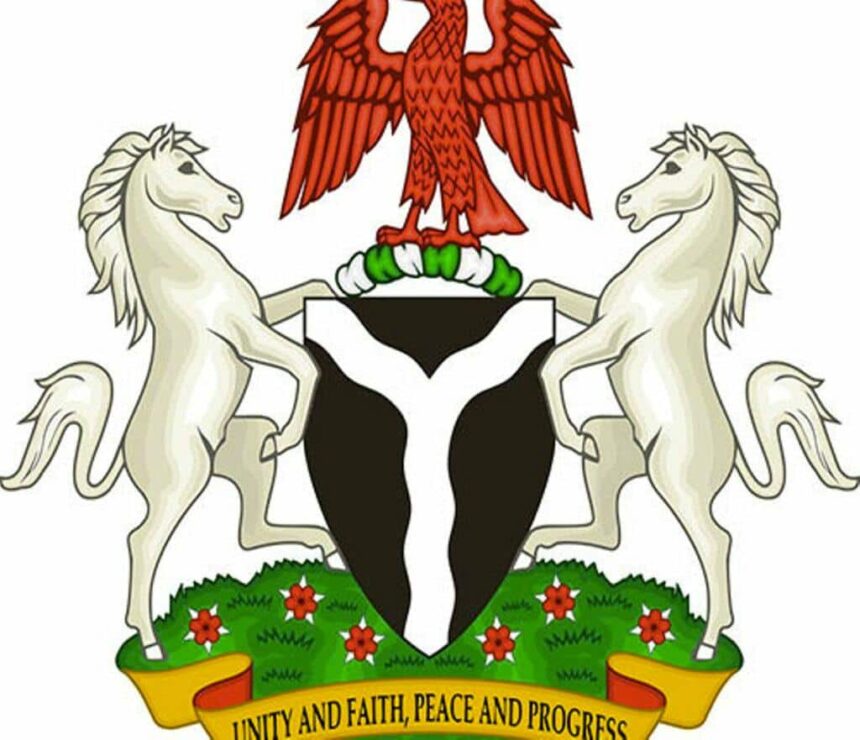The federal government of Nigeria may direct companies providing digital services to charge Value Added Tax shortly known as VAT from users at some point in 2022. These foreign digital service providers are to remit the VAT to the Federal Inland Revenue Service.
This latest development was publicly made known by the Minister of Finance, Budget and National Planning, Zainab Ahmed on Wednesday, January 5th in Abuja. This was during the presentation of the 2022 budget; which has seen excise duty being charged on sugar and carbonated beverages.
The minister said that changes were made to the Finance Act and these modifications affected sections 10, 14, and 31. Concerning the change, International digital companies are to pay VAT for the FG as indexed and mandated in section 30 of the amended act.
We're now on WhatsApp. Click here to join.
However, the minister did some justice by identifying certain companies that will be bound by the act and they include software applications, virtual commercials, trading amongst others.
Furthermore, the anticipated VAT charge is 6%; this is the first time the federal government has stated the exact VAT charge on a product and service.
Speaking with news correspondent Zainab Ahmed said, “Section 30 of the finance act designed to amend section 10, 31 and 14 of VAT is in relations to VAT obligations for non-resident digital companies and the mechanism that will be used is to restrict VAT obligations mainly to digital non-resident companies who supply individuals in Nigeria who can’t themselves self-account for VAT.”
“So if you visit Amazon, we are expecting Amazon to add VAT charge to whatever transaction you are paying for.”
“I am using Amazon as an example. We are going to be working with Amazon to be agreed to be registered as a tax agent for the FIRS.”
“So Amazon will now collect this payment and remit to FIRS and this is in line with global best practices, we have been missing out on this stream of revenue.”
“Section 4 of the ACT which is the taxation of e-commerce businesses owned by non-resident companies on a fair and reasonable turnover basis has been set at 6 per cent.”
“This provision empowers FIRS to access non-resident firms to tax on the fair and reasonable basis of turnover and from digital services provided to Nigerian customers.”





